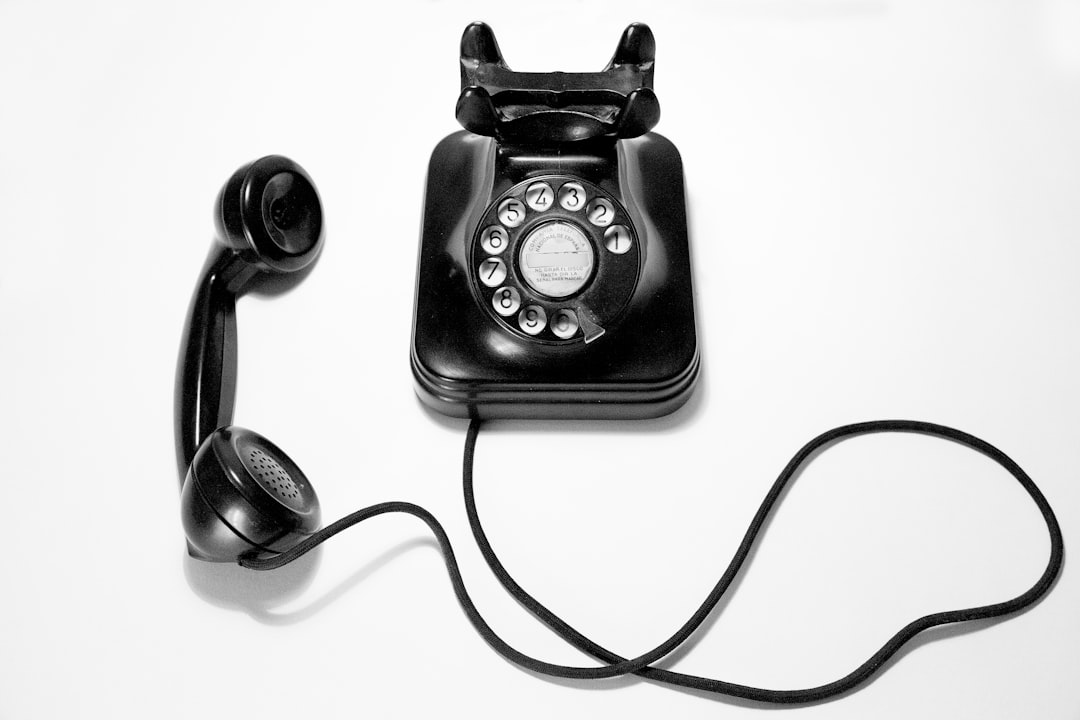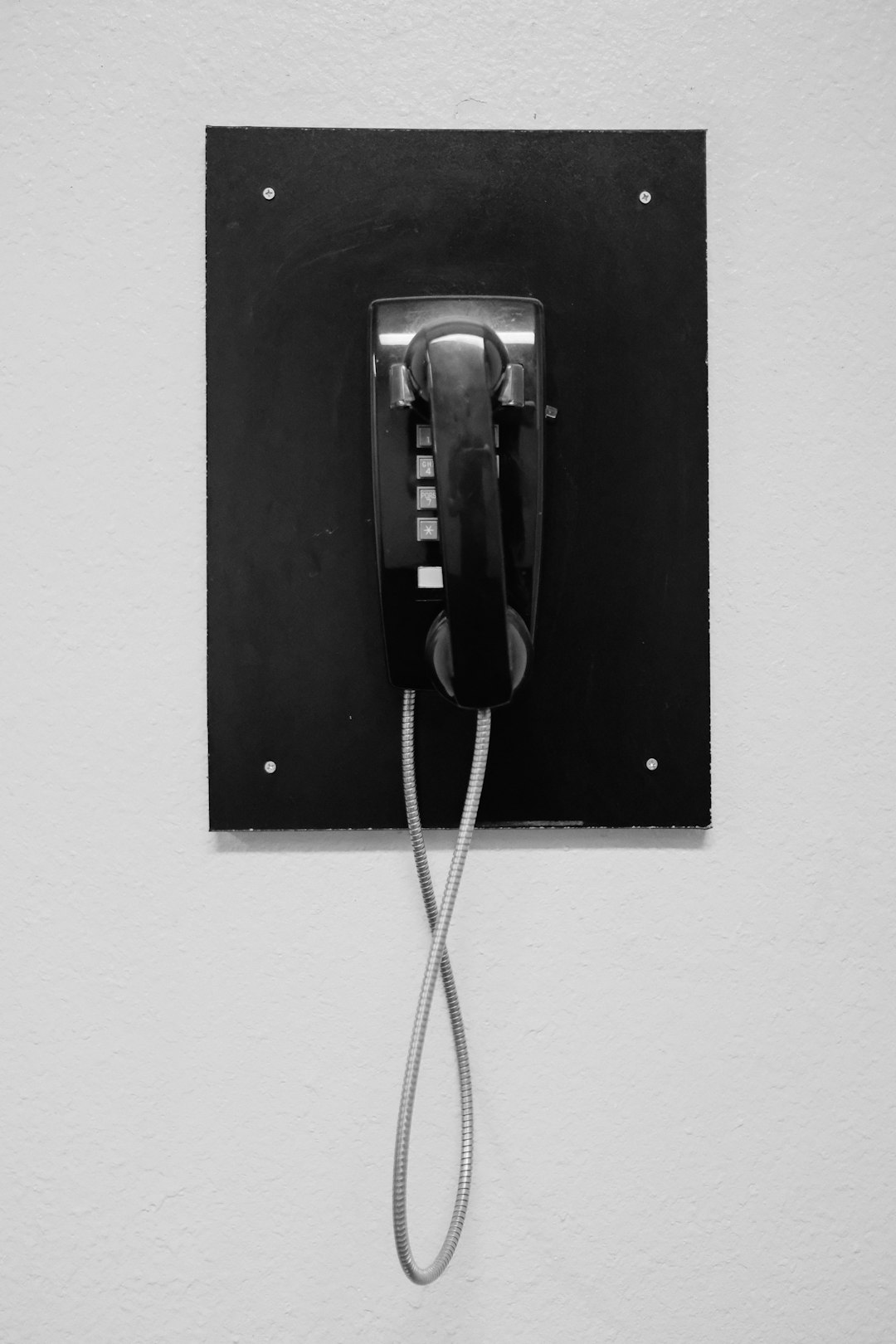In Iowa, both state and federal laws, primarily the Fair Debt Collection Practices Act (FDCPA) and the "Do Not Call" law, protect consumers from illegal debt collection practices. Iowans can register their phone numbers on a state-managed Do Not Call list to block most telemarketing and debt collection calls. Debt collectors violating these laws, such as making abusive or threatening calls, can face significant penalties enforced by the Iowa Attorney General's Office. Consumers facing illegal tactics can seek help from this office or file complaints with the Iowa Division of Consumer Protection. Adhering to these regulations ensures Iowans are treated fairly and respectfully during debt collection interactions.
“Iowa consumers are protected from aggressive or unlawful debt collection practices by state laws designed to uphold fair and ethical treatment. This article guides you through the intricate web of Iowa’s regulations, specifically focusing on the state’s stringent Do Not Call laws aimed at limiting harassing communication from debt collectors.
We’ll explore who to contact when illegal actions are suspected, outlining the rights guaranteed to consumers under Iowa law, and providing insights into what constitutes illegal debt collection practices, empowering Iowans to defend their rights.”
Understanding Iowa's Laws on Debt Collection Practices

In Iowa, debt collection practices are governed by both state and federal laws, designed to protect consumers from aggressive or illegal tactics. Understanding these regulations is crucial for individuals facing debt issues. Iowa’s laws on debt collection are primarily based on the Fair Debt Collection Practices Act (FDCPA), a federal statute that sets standards for how debt collectors can interact with debtors.
One notable aspect of Iowa’s rules is the “Do Not Call” law, which includes restrictions on when and how debt collection agencies can contact consumers. This means that creditors or collection firms cannot call consumer telephone numbers listed on the National Do Not Call Registry. Additionally, they must respect a debtor’s right to request no further communication, a right known as the “cease and desist” provision. Adhering to these guidelines ensures fair treatment for Iowans navigating debt recovery processes.
The Do Not Call Law and Its Relevance in Iowa

In Iowa, the Do Not Call Law is a significant regulation that offers consumers protection from unwanted telephone solicitations, including debt collection calls. This law, also known as the “Do Not Call Act,” allows individuals to register their phone numbers on a state-managed list, effectively blocking most telemarketing and debt collection calls. The relevance of this law in Iowa cannot be overstated, given the state’s strict consumer protection regulations.
For debt collectors and law firms operating in Iowa, understanding and adhering to the Do Not Call Law is crucial. Violations can lead to significant penalties, including fines and legal repercussions. Consumers who feel they’ve been targeted by illegal debt collection practices can file a complaint with the Iowa Attorney General’s Office, which actively enforces these laws to ensure fair and ethical collection methods. This protection is particularly important in today’s digital age, where persistent and aggressive debt collection tactics can be overwhelming for many Iowans.
Reporting Illegal Debt Collection Actions: Who to Contact

If you’ve encountered illegal debt collection actions, it’s crucial to know who to contact in Iowa. The first step is to reach out to the Attorney General’s Office, which plays a vital role in protecting consumers from unfair or deceptive practices. They have a dedicated team that handles consumer protection matters, including debt collection issues.
Additionally, you can file a complaint with the Iowa Division of Consumer Protection, which investigates and takes action against companies engaging in illegal debt collection practices. Remember, it’s advisable to avoid contacting law firms directly if these actions are suspected, as “Do Not call law firms” initiatives aim to protect consumers from unsolicited legal services. Instead, focus on reporting the violations to these specialized state agencies.
What constitutes Illegal Debt Collection in Iowa?

In Iowa, illegal debt collection practices are strictly regulated to protect consumers from aggressive or unfair tactics. According to state laws, debt collectors must adhere to specific guidelines when attempting to recover debts. Actions that violate these regulations are considered illegal and can result in significant legal repercussions for the offenders.
Debt collection is deemed illegal in Iowa if it involves abusive, threatening, or harassing behavior, such as repeatedly calling individuals or their employers, using profanity, misrepresenting oneself or the purpose of the call, or failing to verify the debt with proper documentation. Additionally, collectors are prohibited from claiming to be affiliated with law firms to intimidate debtors, as per the “Do Not Call” laws. These regulations ensure that Iowans are treated fairly and respectfully during the debt collection process.
Your Rights as a Consumer Under Iowa Law

Under Iowa law, consumers have specific rights when it comes to debt collection practices. One of the most notable protections is the “Do Not Call” law, which restricts phone calls from debt collectors, including law firms, who are attempting to collect on illegal or disputed debts. This law gives you the right to request that these calls cease and provides a level of privacy and peace of mind.
Additionally, Iowa has strict guidelines regarding the language and tactics used by debt collectors. They must provide valid identification when contacting you and cannot threaten, coerce, or harass. If a collector violates these rules, consumers have the option to file a complaint with the Iowa Attorney General’s Office, which can take legal action against the offending party.






